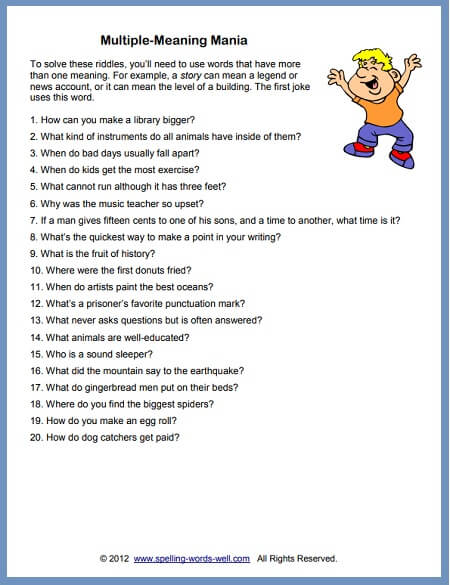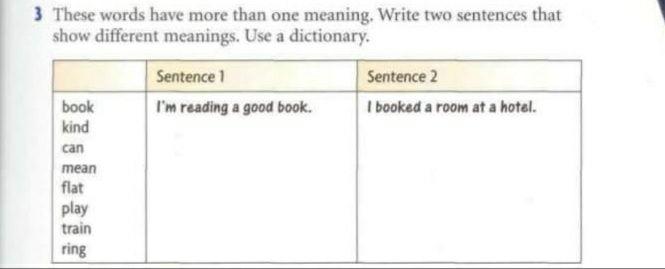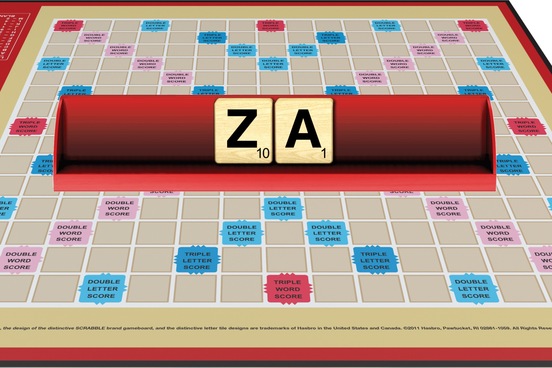Words with multiple definitions, also known as polysemes, are a common feature of natural language and can be found in almost every language. These words can be confusing for learners and even native speakers, as they can have completely different meanings depending on the context in which they are used.
One example of a word with multiple definitions is the word "bass." In music, bass refers to the lower range of sounds, while in fishing, bass refers to a type of fish. In addition, the word "bass" can also refer to the lowest male singing voice or a type of instrument, such as a bass guitar.
Another example is the word "bank." In finance, a bank is a financial institution that provides services such as accepting deposits and making loans. However, the word "bank" can also refer to the edge of a river or the slope of a hill. It can also be used as a verb, as in "to bank the airplane," meaning to tilt it to one side as it turns.
Polysemes can also be found in idioms and phrases. For example, the phrase "break a leg" is often used in the theater to wish someone good luck before a performance. However, the phrase "break a leg" can also have a more literal meaning, as in literally breaking a bone.
Polysemes can cause confusion and misunderstandings, especially for those learning a new language. It is important for learners to understand the different meanings of a word and to pay attention to the context in which it is used. Native speakers also need to be aware of the multiple definitions of a word and choose the appropriate definition based on the context.
In conclusion, words with multiple definitions, or polysemes, are a common feature of natural language and can be found in almost every language. These words can be confusing for learners and even native speakers, as they can have completely different meanings depending on the context in which they are used. It is important for everyone to understand the different meanings of a word and to pay attention to the context in which it is used in order to avoid misunderstandings.








